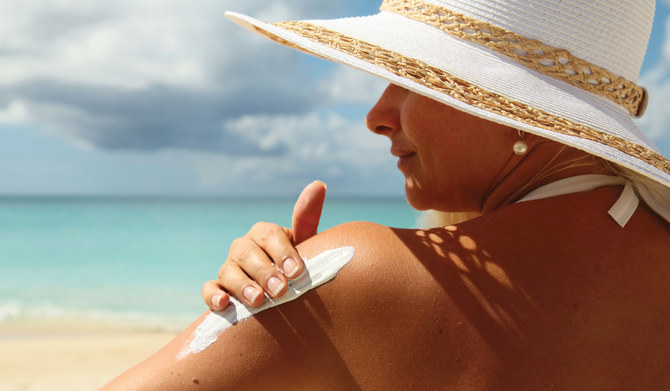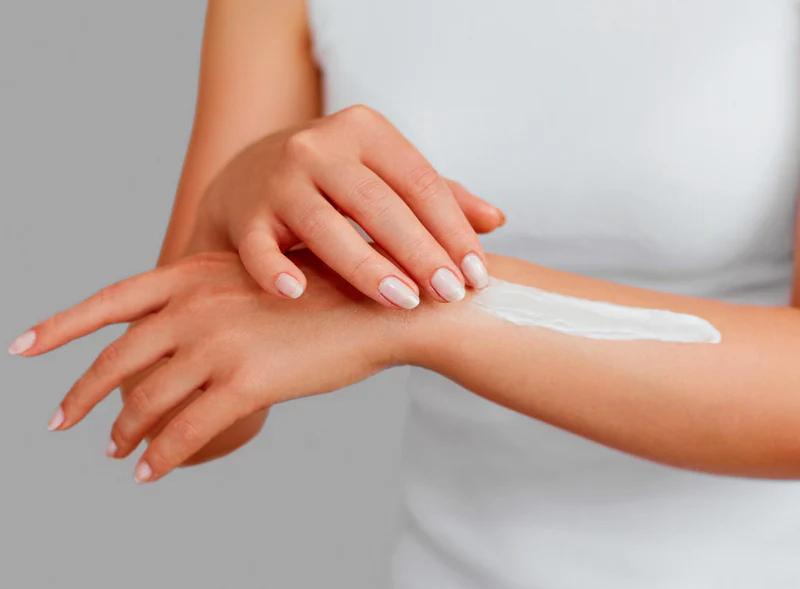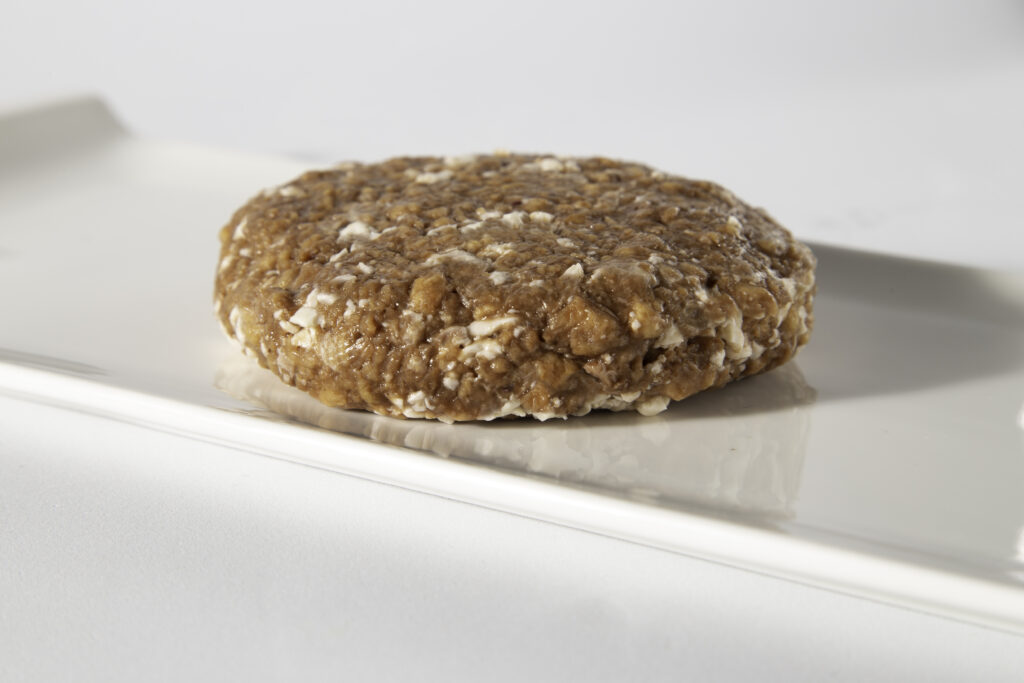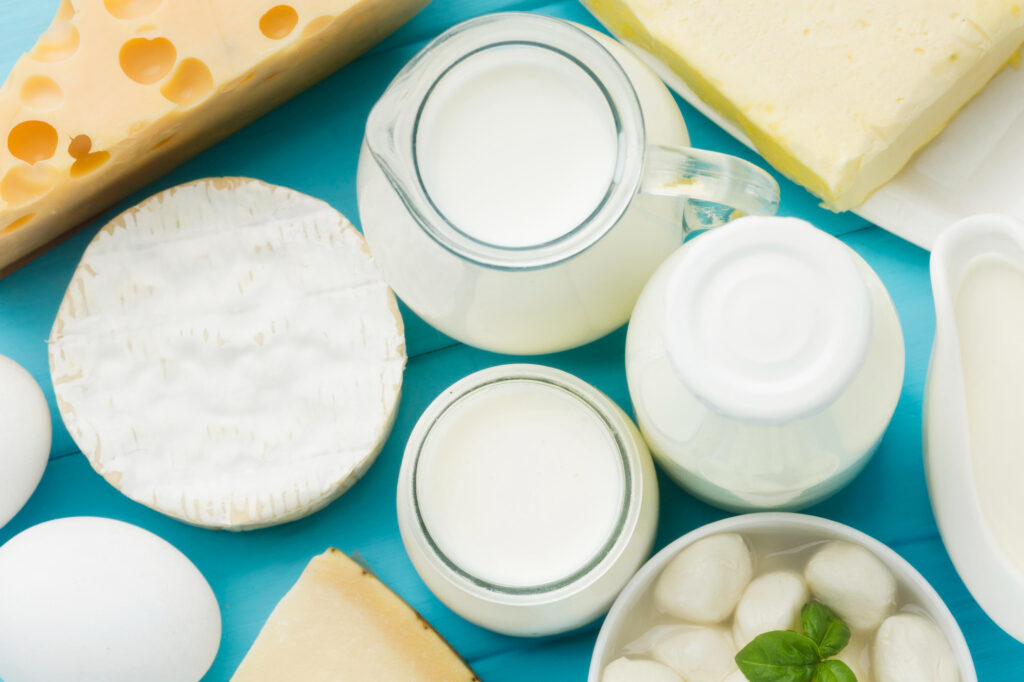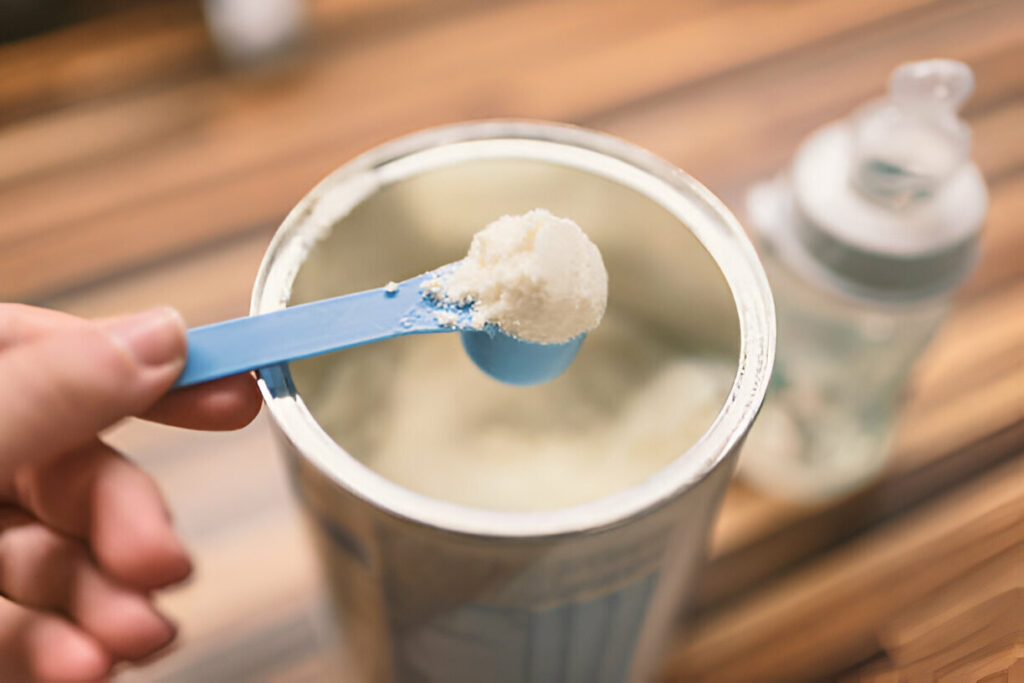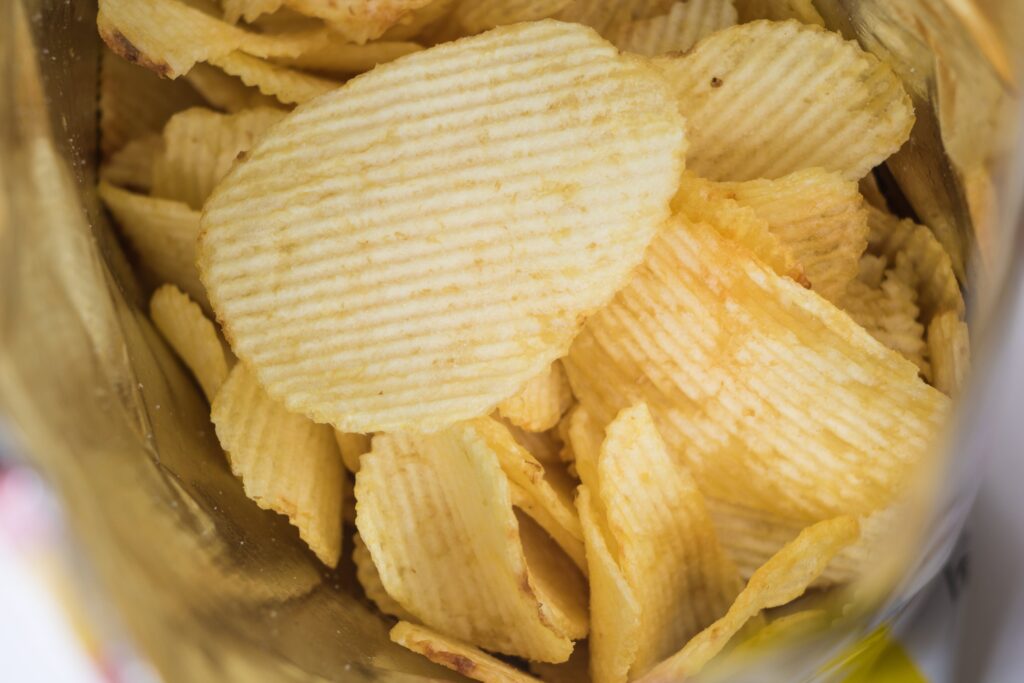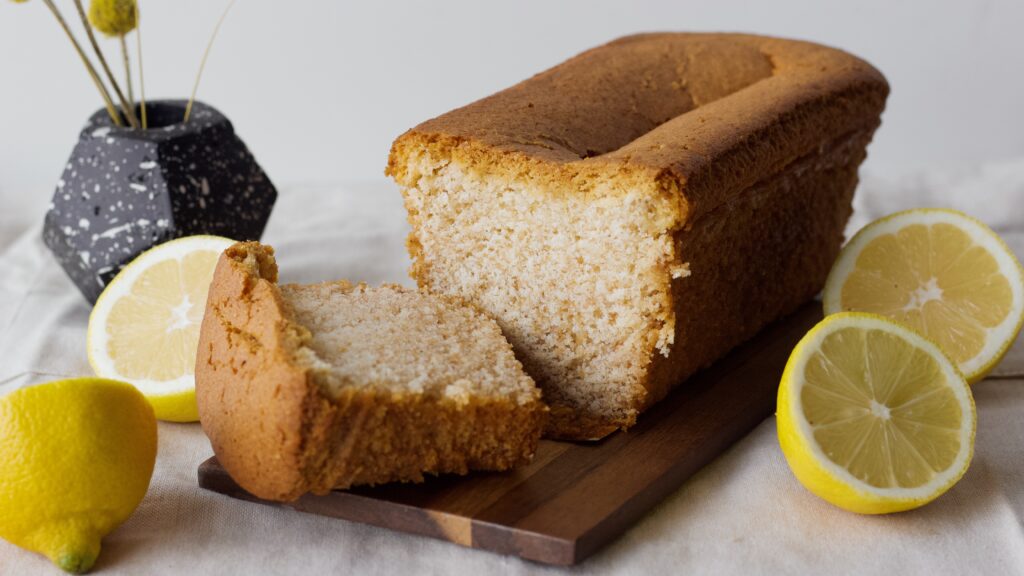This website uses cookies so that we can offer you the best possible user experience. Cookie information is stored in your browser and performs functions such as recognizing when you return to our website or helping our team understand which sections of the website you find most interesting and useful.
Strictly required cookies must always be enabled so that we can save your cookie setting preferences.
If you turn off these cookies we will not be able to save your preferences. This means that each time you visit this website you will have to turn on or off cookies again.
This website uses Google Analytics to collect anonymous information such as the number of visitors to the site, or the most popular pages.
Leaving these cookies on allows us to improve our website.
¡Por favor, activa primero las cookies estrictamente necesarias para que podamos guardar tus preferencias!
Esta web utiliza las siguientes cookies adicionales:
(Lista aquí las cookies que estás utilizando en la web.)
¡Por favor, activa primero las cookies estrictamente necesarias para que podamos guardar tus preferencias!

